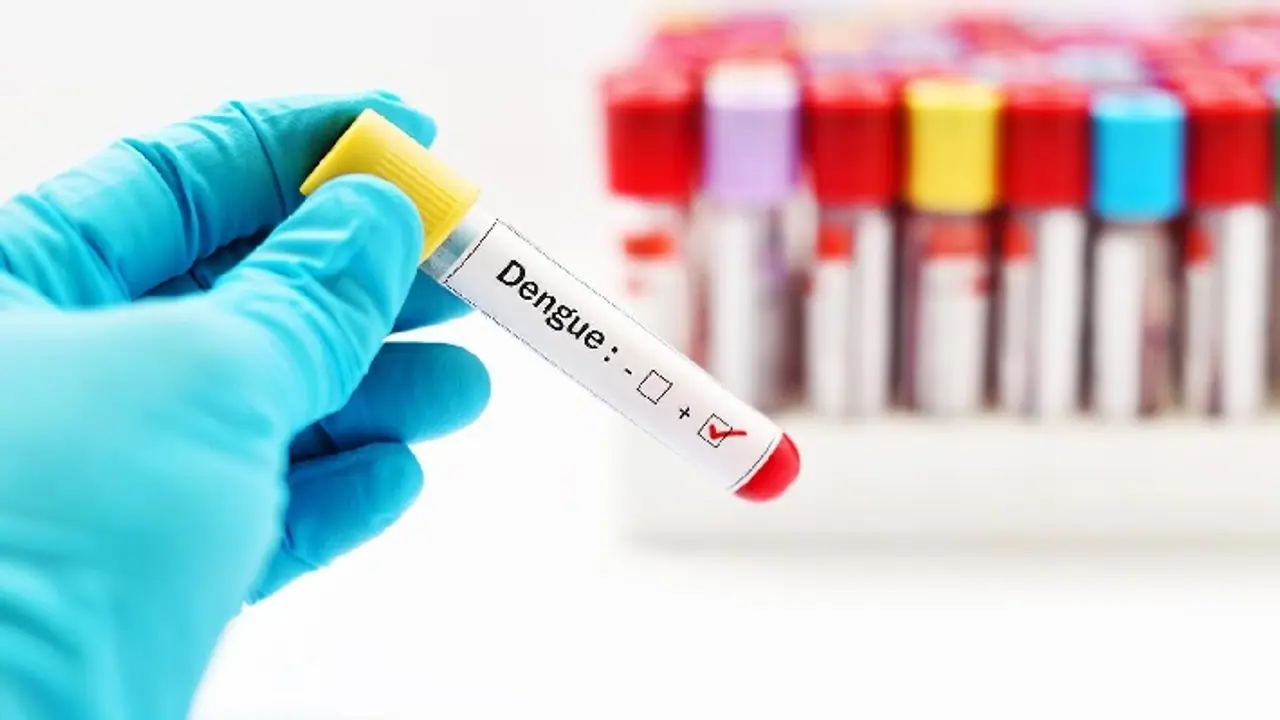Dengue is mosquito-borne disease. Though it poses a great threat, there are ways to prevent the disease, but recovery is slow
Bengaluru: Dengue also known as breakbone fever is an endemic disease in tropical and subtropical areas. Another name for dengue fever is dandy fever.

Patients suffering from dengue experience intense joint and muscle pain. This is the reason why it is called breakbone disease. The epidemiology unit of ministry had reported that in 2018, 51,659 were suspected of Dengue and in 2019, 22,873 people were suspected of being infected by the virus.
Based on geographical range, researchers have estimated that by 2080, Dengue fever will spread to 60% of the world population.
Female Aedes mosquitos are responsible for the spread of the disease.
Vomiting, headache, fever, joint pain, and skin rashes are symptoms of dengue fever. It takes two to seven days to recover from the disease.
Severe dengue, known as dengue haemorrhagic fever results in thrombocytopenia, blood plasma (intravascular fluid), bleeding, occurrence of shock and low blood pressure.
How to prevent dengue
Implementing timely, proper clinical management which includes clinical and laboratory diagnosis, intravenous rehydration, staff training and hospital reorganisation.
These steps are necessary to reduce dengue mortality by 50% by 2020.
Dengue fever can be prevented by drinking fresh juice of carrot, cucumber and other green leafy vegetables which is rich in nutrients. It also helps in fast recovery of dengue patients. Porridge contains nutrients that control growth of virus in the body. Orange juice is also good for dengue patients. Coconut water is to be included in the diet as it is filled with minerals and electrolytes.
